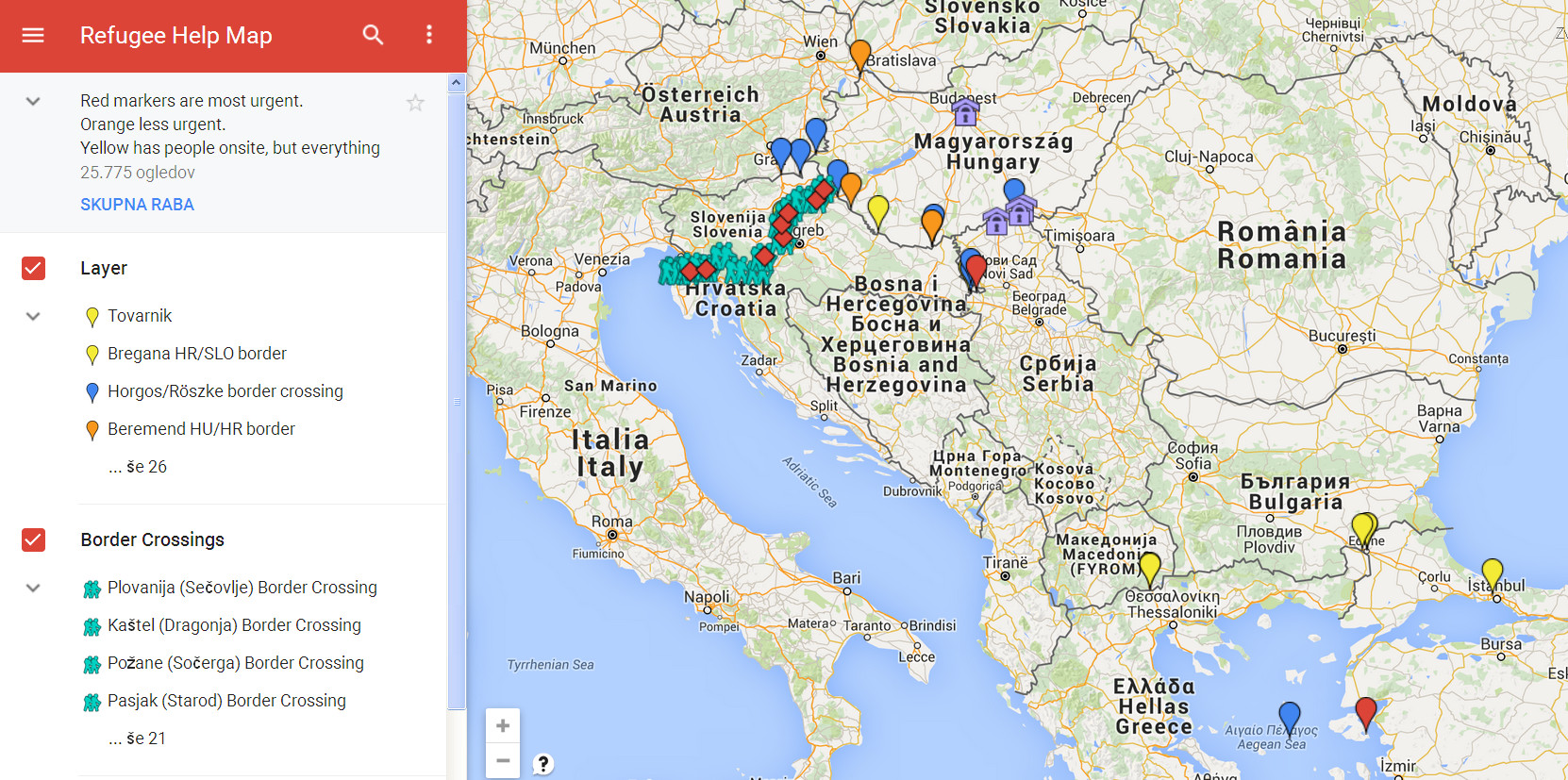About The Author (Dylan Kissane):
Dylan Kissane is Professor of International Politics at CEFAM in Lyon, France. He is the curator of The Ivory Tower blog on E-IR.
The sun is shining, the birds are singing, the snow has melted and…
Well, not quite.
It’s cold, overcast and wet as I type this on a Friday morning at CEFAM. If there are birds about then they are keeping well hidden and, in any case, I’d barely have a chance to notice them, so pressed are the first weeks of the new semester.
The Spring semester is underway here in Lyon and I am teaching a heavy schedule once again. I have two sections of ‘Issues in International Politics’ – one online, one face-to-face – and two sections of ‘Dimensions of Diversity’, an interdisciplinary undergraduate class built on foundations of sociology and public policy. Add to this a section of ‘International Business’ being delivered as a mixed-mode class and a graduate level ‘Global Assessment’ class and I’m going to be busy teaching all semester.
There are only a few changes for the face-to-face ‘Issues in International Politics’ course but one of them is significant. After a few semesters of not assigning a textbook I decided that something was again required to help fill in the gaps between the assigned readings (mainly journal articles and scholarly works) and the classes. I went for Routledge’s International Relations: The Key Concepts that came out in a third edition over the winter break an, having used an earlier edition of the book as an undergraduate myself, I was confident it would fit well with the course material. It’s an accessible, well thought out treatment that gives a two or three page treatment to major themes and issues in international politics. There are a couple of pages of ‘ethnic cleansing’, three pages on ‘mercenaries’, a couple on the ‘Prisoner’s Dilemma’ and a short but efficient two page treatment of ‘Order’, too. My hope is that the students will dive into the book for key terms, use it as a basis for seeking scholarly works (it has a great bibliography) and have a first point of reference for unfamiliar words or concepts they encounter in their reading.
CEFAM has a strict policy that, where books are assigned by professors, students must not only buy the book but bring it to class. Re-introducing a book to the politics class means enforcing this policy and, while there’s a little leeway for the first week of class, as of today the rule is: no book, no class.
As a professor I can understand the reason for the rule. A student who buys the book and is required to bring it to class is probably two steps closer to reading it than the student who decides not to buy it and borrow from a friend or find a copy in the library. As well, and in the case of International Relations: The Key Concepts, having the book on hand in class means that when I throw out a term like ‘loose nukes’ or ‘tragedy of the commons’ an enterprising student can check their book, find the definition, and fill in the blanks for themselves.
The down-side of a rule like this is that there are going to be times this semester that I am forced to ask students to leave the class for not bringing their book and that these students will miss out on a class that is important to their understanding of the course. For example, today’s class will consider liberalism and any student who is absent or who is excluded from the class for not bringing their textbook will miss out on one of the key theories of international politics. As well, with a class of 25 students, there are at least 25 personal situations that I don’t know much about that could have led to the student arriving sans book: no money to pay for the textbook this month, maybe it was left on a desk at home and the student had no time to return to get it, maybe a friend borrowed it and didn’t return it on time or some other excuse for arriving on time, ready to study, and ready to learn but, this time, without a book. Consistency and fairness means I have to apply the same rule for everyone and for every class, but it sure does bite to see students willing to learn and then showing those same students the door, praying they’ll remember the book next time.
* * * *
They’ll be a few changes to the blog over the next few weeks as we shift focus from simply my experiences at CEFAM to an even broader vision of teaching and learning in IR. Over the next few months we’ll welcome guest posts from academics around the world, posts from students about their experiences in the IR classroom, I’ll update you on some emerging projects in teaching and learning in IR (including one that will see me travel to Greece and take the POL 210 class from CEFAM on the road), and I’ll continue to document the challenges of teaching international relations in a business school. Keep an eye out for our re-launch and keep dropping by in 2014.
—
Read more from Dylan Kissane in his e-IR blog Political Business











